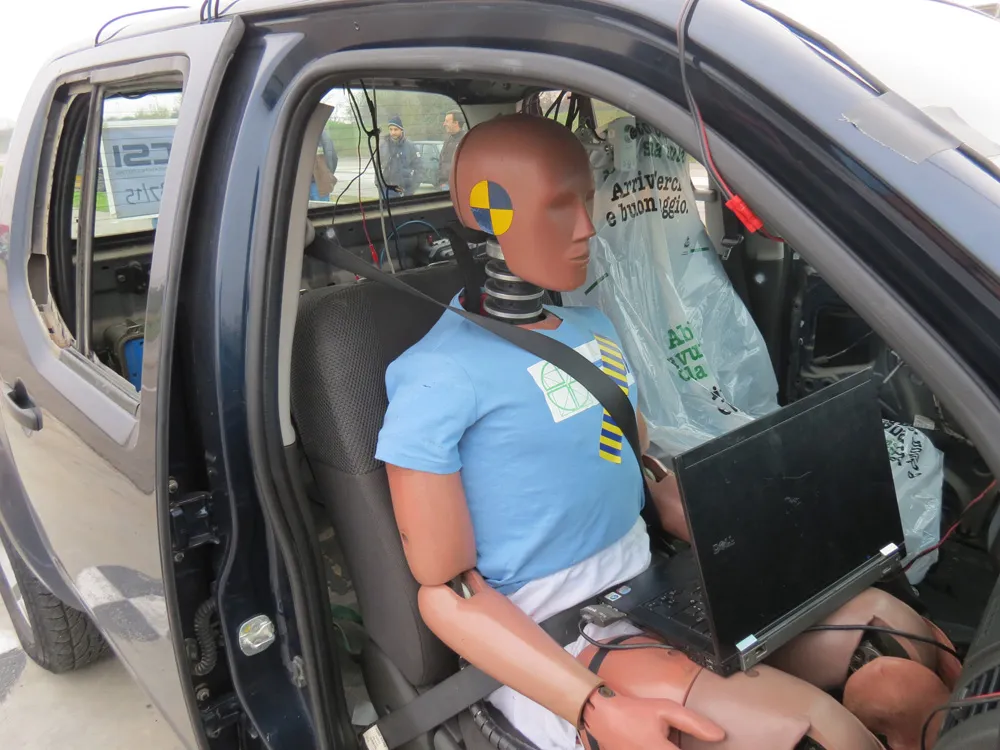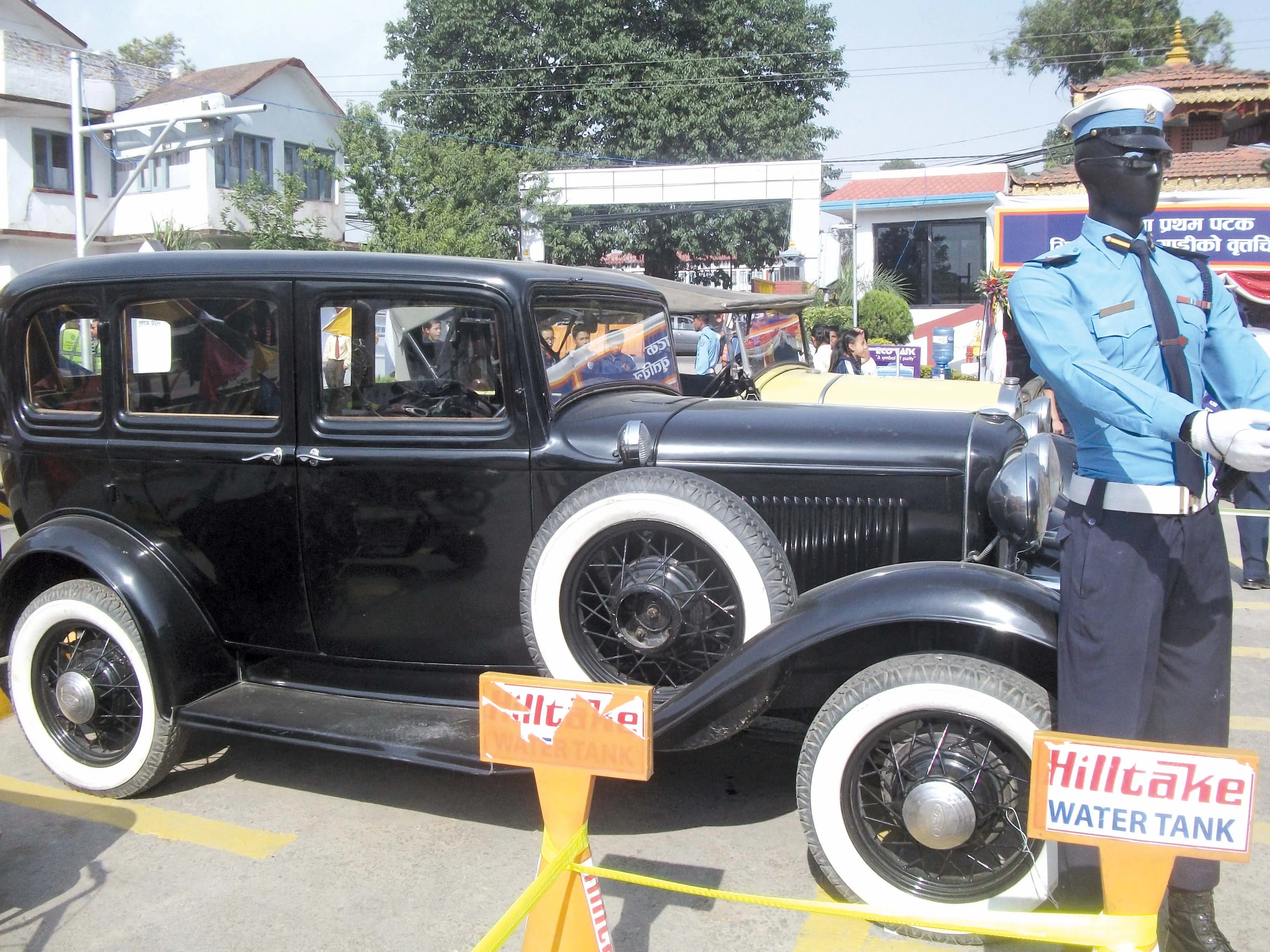Different road rules are in place in many parts of the world, with some proving rather peculiar. In the US state of Kentucky, women are permitted to drive while wearing a bikini, as long as they either have a weapon to hand for self-defence or are sitting alongside two police officers. Meanwhile in Germany, driving in the nude is permitted as a car is regarded legally as a private space. Should the driver be at the wheel barefoot however, making insurance claims in the event of a crash would be difficult. I
September 11, 2015
Read time: 2 mins
Different road rules are in place in many parts of the world, with some proving rather peculiar. In the US state of Kentucky, women are permitted to drive while wearing a bikini, as long as they either have a weapon to hand for self-defence or are sitting alongside two police officers. Meanwhile in Germany, driving in the nude is permitted as a car is regarded legally as a private space. Should the driver be at the wheel barefoot however, making insurance claims in the event of a crash would be difficult. In the US state of Massachusetts, drivers may take a gorilla in their vehicle, as long as the animal is in the passenger seat. And in Italy, dogs travelling in vehicles are required to wear a safety belt, but not in Germany where animals are classed as cargo. When driving in the UAE those behind the wheel are expected to give priority to camels, while in India drivers have to yield to cows on the road.
English drivers meanwhile are permitted to urinate at the side of the road, as long as they are beside the vehicle’s rear tyre and are touching their vehicle with their right hand. And visitors to Iceland wishing to rent a car will be asked to take out insurance cover against damage from volcanoes.
English drivers meanwhile are permitted to urinate at the side of the road, as long as they are beside the vehicle’s rear tyre and are touching their vehicle with their right hand. And visitors to Iceland wishing to rent a car will be asked to take out insurance cover against damage from volcanoes.








